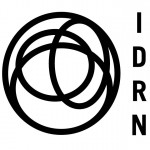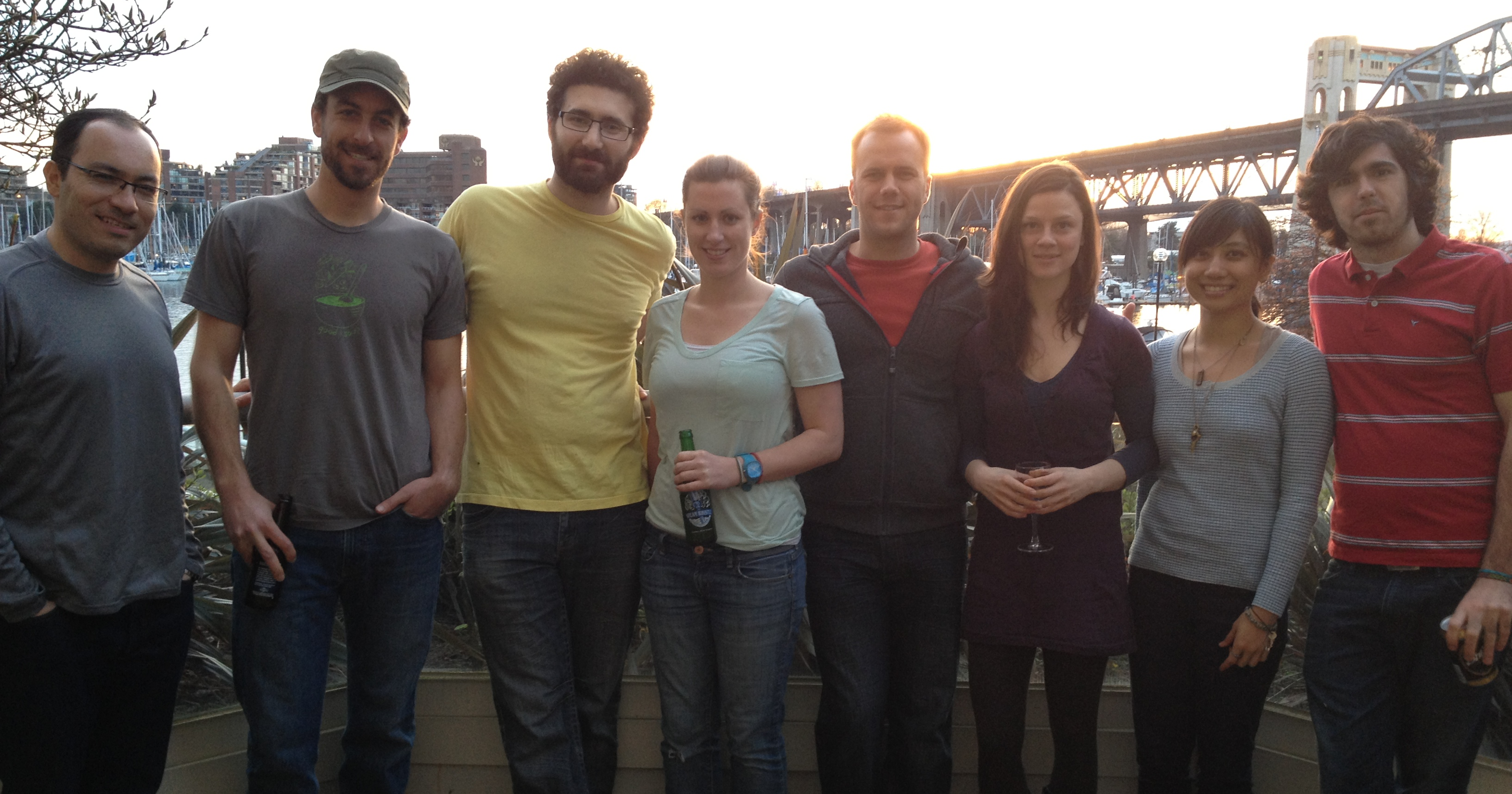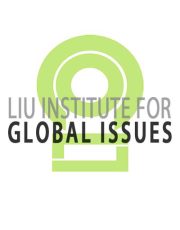Three representatives from the Canadian International Development Agency (CIDA), including two members of CIDA’s Food Security program, were recently at UBC. There were several opportunities for students to interact with the CIDA representatives while they were here. Below is a compilation of 21 things about CIDA in general, and about their FS program in particular, that might be of interest to graduate students.
About CIDA:
CIDA’s President, Margaret Biggs, is UBC’s Champion in the Deputy Minister University Champion Program
Rebecca Mellet is the Director of CIDA’s Pacific Regional Office.
CIDA is a granting agency that accomplishes development primarily by giving money to its implementing partners.
CIDA is guided by the Paris Declaration, which include principles of:
- Ownership – Development is recipient-driven, and the recipient agrees to the activity
- Alignment – Development aligns with the recipient country’s priorities
- Partnership – Avoid duplication of effort
- Results – Two-way accountability between Canada and the recipient country
CIDA has 20 focus countries.
CIDA has 3 priority themes:
- Securing the future of children and youth
- Increasing food security
- Stimulating sustainable economic growth
Gender, environment and good governance are understood to permeate these three themes.
CIDA conducts Strategic Environmental Assessments (SEAs) of all of its programs.
Working for CIDA:
There are no pure or applied researchers at CIDA, although CIDA does give research grants. The IDRC, by contrast, is a research-focused crown corporation. IDRC has awards for student researchers.
CIDA recruits new Development Officers approximately every two years. The next recruitment will be fall 2011. Most positions are filled through the Public Service. More information can be found on CIDA’s Work Opportunities
Speaking French is an asset if you want to work at CIDA. CIDA is based in Gatineau, Quebec. In the past, up to 70% of CIDA’s staff have been francophone. Other languages are also valuable.
Beneficial skills to have if you want to work at CIDA include: program management; business skills e.g. experience with contracts, clients, budgets, etc; policy; communications; partnerships. Consider making the work you are doing demand-driven by the people you work for; make yourself indispensable to your target employer.
CIDA has a consultant database.
CIDA and Food Security
Ryan Clark is CIDA’s food security (FS) team leader.
CIDA considers four dimensions of food security:
- Availability
- Access
- Stability
- Use
70% of world’s poor are rural and involved in farming; in 2007, 4% of global development assistance focused on agriculture, and 4% of in-country public spending in developing countries.
Following the global food crisis in 2007-8, Canada committed $1.2 billion to FS at the G8 meeting in 2008.
CIDA focuses on smallholder farmers. Smallholders are understood to be part of the private sector. To meet the poverty and FS challenge, smallholder farming must be productive, integrated into markets, environmentally sustainable, and resilient to shocks and climate change. CIDA aims to work within local systems and knowledge.
CIDA emphasizes the importance of women to FS.
CIDA is aiming to strengthen national and regional agricultural systems.
CIDA’s FS program is currently focused mainly on Senegal, Mali, Ghana, Ethiopia, Sudan and Mozambique.
Official development assistance is seen to be only a small part of what is needed; the agricultural development needs private investment.
Some important questions for CIDA’s FS team:
- How can policy decisions be translated into development programming on the ground?
- How can smallholders be reached? How are governments reaching their smallholders?
- How can CIDA ensure a multi-sectoral approach to nutrition?
- How can CIDA extend and scale up what they know works?
- How do you facilitate more responsible private sector investment?
- How can the mistakes made by developed countries in agricultural development be avoided in developing countries?



